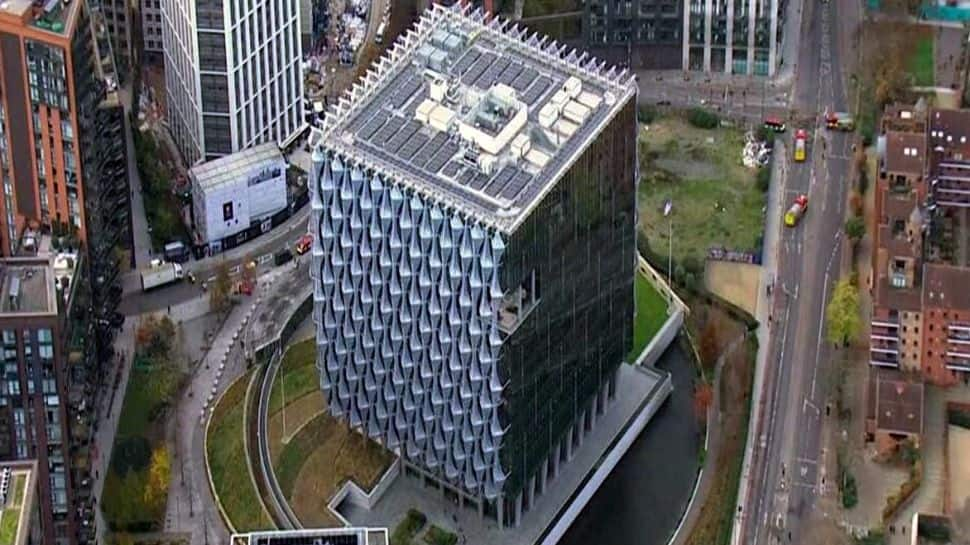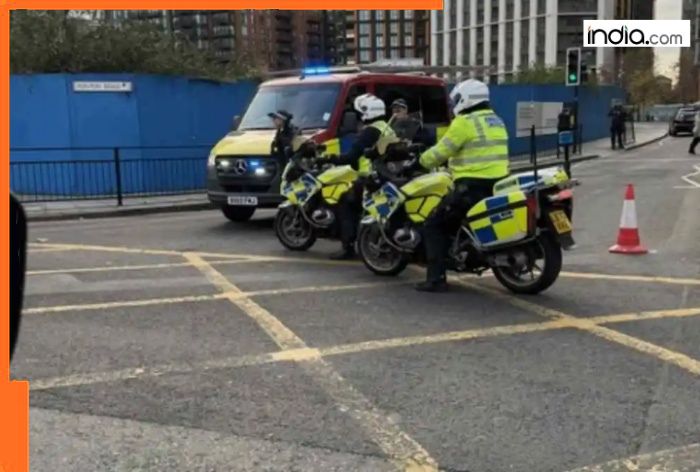Bussiness
17% of businesses applying for VAT registration last year were unsuccessful – London Business News | Londonlovesbusiness.com

17% of businesses (53,000 out of 314,000) applying for VAT registration with HMRC last year were unsuccessful*, say chartered accountants and business advisers Lubbock Fine.
Not being registered for VAT means businesses can’t trade – fewer businesses being able to trade not only means less economic activity, but also a smaller tax take.
HMRC’s excessive caution with fraud in VAT applications is leading to HMRC clamping down on fraudsters – with some traders facing substantial penalties.
Lubbock Fine say HMRC’s problems with fraudsters are being compounded by the ongoing customer service crisis at HMRC. HMRC figures in March showed the proportion of customers waiting longer than 10 minutes on the telephone for a response had increased from 48% in 2022 to 71% in 2024.
The average customer now waits over 25 minutes to get hold of a VAT Officer. These VAT officers are often unable to deal directly with the query and refer the caller to published guidance to interpret themselves.
Jas Dhillon, Partner at Lubbock Fine said, “HMRC’s approach to small business shows no sign of improving. It is stopping new businesses from trading and hindering business expansion. The UK needs to make it as easy as possible to set up and start a business.”
“This is bad for the Treasury as well as the wider economy.”
“The problems are in part caused – and in turn worsened – by the sheer difficulty of getting HMRC’s technical experts on the phone.”
“VAT applications are often complex. It is essential that the appropriate experts can be reached swiftly. Issues must be resolved and applications approved for businesses to trade.”
VAT applications can be rejected by HMRC for one of two primary reasons.
The first is that HMRC might deem to application to have incorrect information. This could include personal details of company directors, addresses, description of the business and company financial details.
The second is that HMRC might misunderstand the application. These misunderstandings are particularly common with regards to description of business activities.
Dhillon said, “Any small inconsistencies raise the risk of HMRC refusing an application wholesale – however small the issue.”
VAT applications can also be withdrawn by the applicant business. The most common reasons for an application withdrawal are either HMRC asking for more information or the business applicant themselves misinterpreting the VAT rules and the requirement/right to register.
Dhillon added, “Many business owners are frustrated by what they see as excessive red-tape. HMRC requesting more information often feels like starting from scratch, which pressures some businesses to give up on the application prematurely.”
“It’s crucial to involve your accountant/VAT adviser at the early stages of the application to improve the outcome – and speed up the process.”










